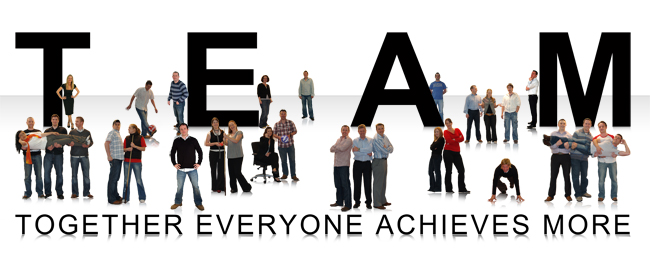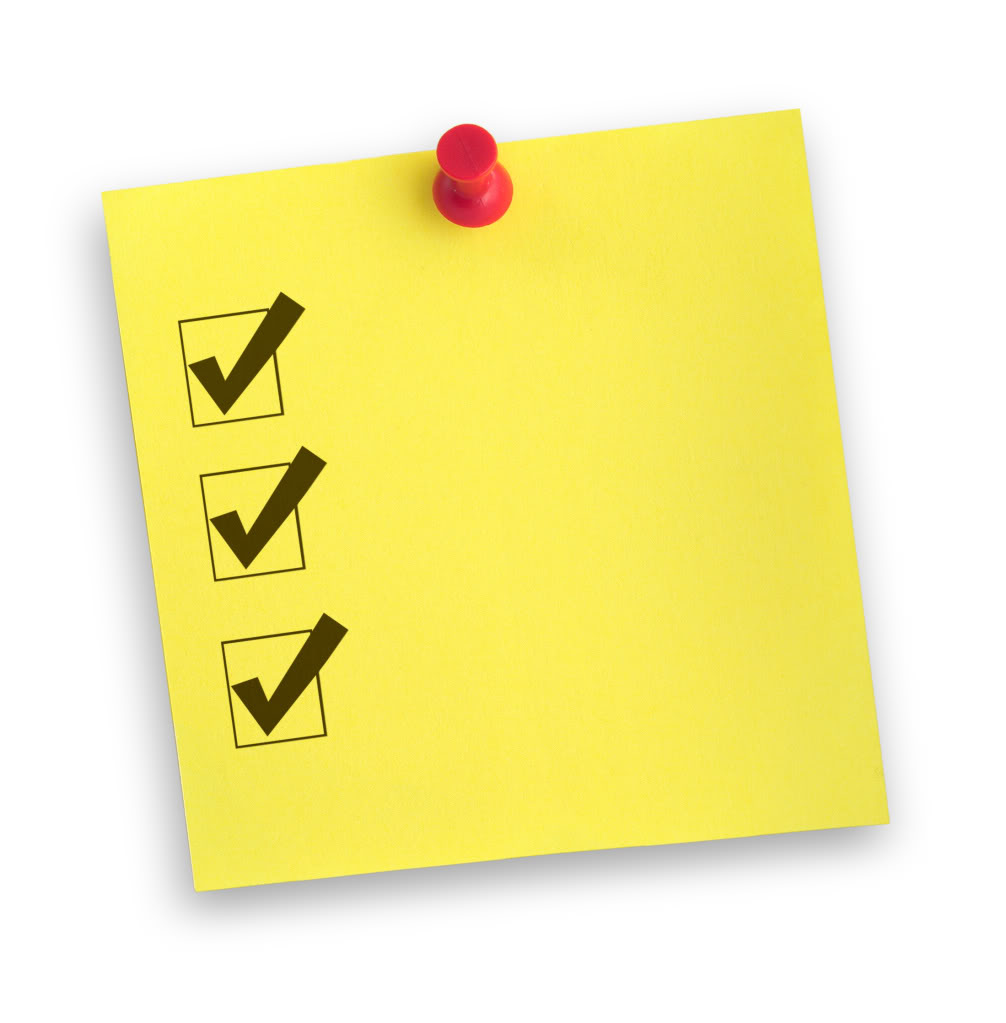

RESEARCH
Help in your research - keep all information in one place:
- collect them
- prioritize them
- manage them

TeamWork.
Have all notes/ informations / webpages/ documents and work collaboratively with your collegues!

Create your own research lab - keep track of all connected info from all possible sources.
If you want to be successfull in whatever you do, spend few minutes to make plan.
If you have no plan, you plan for failure.
Every day do some simple list of tasks that you're intended to do.
Update it whatever new task/issue arize.
Update it when its done.
At end of day you will know how you spent your day - it will be productive day!!!


Collect all information from different sources.
And keep them for ... whatever you want.
In 1999, Google was just months old. So was pets.com, which was also a year away from going defunct as a result of the dot-com bubble bust. People still booked travel arrangements over the phone, and they connected to the internet using dial-up modems.
That same year, Microsoft founder Bill Gates wrote Business @ the Speed of Thought, a book that, from the vantage point of 2015, offered astonishingly accurate predictions about the way the internet would change business.
In a new post on his blog, Markus Kirjonen, a business student at Aalto University in Finland, listed some of Gates's most impressive forecasts. Here are a few:
Automated price comparison services will be developed, allowing people to see prices across multiple websites, making it effortless to find the cheapest product for all industries.
People will carry around small devices that allow them to constantly stay in touch and do electronic business from wherever they are. They will be able to check the news, see flights they have booked, get information from financial markets, and do just about anything else on these devices.
Constant video feeds of your house will become common, informing you of when somebody visits while you are not home.
Private websites for your friends and family will be common, allowing you to chat and plan for events.
Devices will have smart advertising. They will know your purchasing trends, and will display advertisements that are tailored toward your preferences.
Gates compared the commercialization of the internet to the introduction of electricity. When electricity was first brought into the home, it was intended to power light bulbs, Gates said.
But before long, others saw new opportunities to utilize the infrastructure, which paved the way for the invention of refrigerators, air conditioners, and televisions. Gates saw the internet as similarly fertile ground.
The book also highlights many internet uses that have yet to be realized--a.k.a., big business opportunities for today's startups. So what areas of business haven't yet been developed to their full potential, according to pre-Y2K Gates?
He identified four major categories that are critical for optimizing business: planning, customer service, training, and teamwork. Kirjonen argues that Slack, creator of a communication platform, is the dominant startup in the "teamwork" category.
But he says that the other three areas are missing major players. In other words, that's where new startups might want to consider concentrating their focus.
Have all notes/ informations / webpages/ documents and work collaboratively with your friends/collegues!
